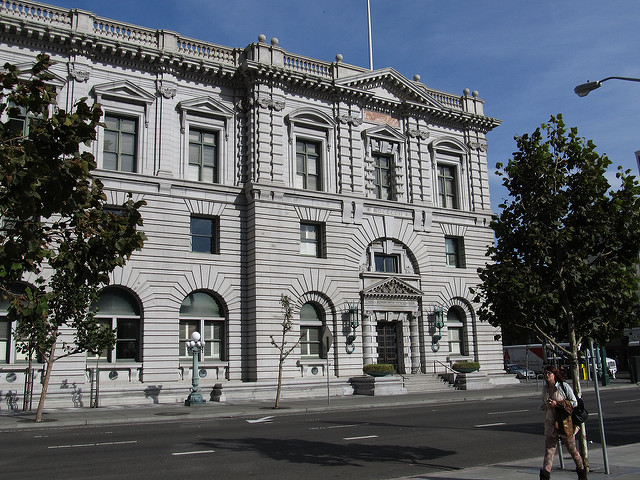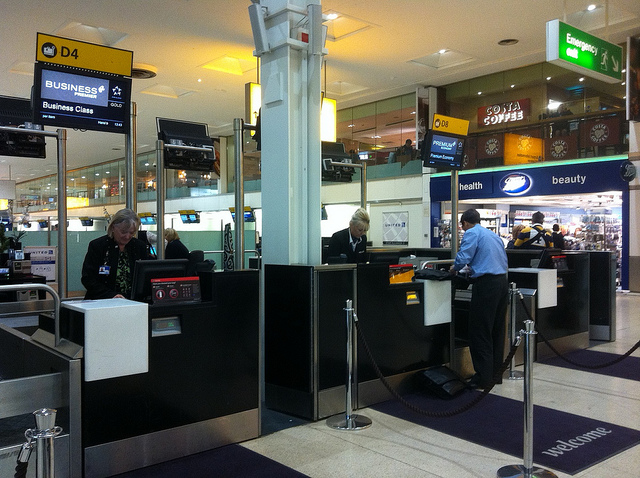On Monday, March 6, 2017 President Donald Trump rolled out a newly revised version of the executive order “Protecting the Nation From Foreign Terrorist Entry Into the United States” following the Ninth Circuit Court of Appeals refusal to reinstate the controversial order that was originally released on January 27, 2017. The January 27th order had called for a blank travel ban on citizens of seven Muslim majority countries, temporarily barring them from gaining admission into the United States for a period of 90 days, irrespective of their legal status in the United States. These seven Muslim majority countries were deemed “countries of particular concern” by the Trump administration based upon the Department of State’s reports designating these countries as countries presenting heightened security risks to the United States. In addition, in the original order, Donald Trump had called for a temporary 120-day suspension of the U.S. Refugee program preventing refugees from entering the United States, and finally the order suspended the Syrian refugee program indefinitely. These controversial measures threw the country into chaos as thousands of demonstrators flooded airports across the country to show their solidarity for the citizens of the seven Muslim majority countries affected by the order. The order was especially controversial because it affected all non-immigrants including immigrants with valid United States visas, as well as permanent residents. Although these measures were overruled by the Ninth Circuit Court of Appeals in February, the Trump administration has shown that it will not be discouraged by their actions.
In his new executive order, Donald Trump has scaled back the language used in the first executive order removing provisions that indefinitely banned Syrian refugees from seeking admission to the United States, and language which prioritized the admission of religious minorities persecuted in the Middle East. US officials will no longer prioritize religious minorities when considering applications for refugee admission. The new order calls for a travel ban blocking citizens from six Muslim majority countries including Syria, Iran, Libya, Somalia, Sudan, and Yemen from applying for and obtaining visas for a period of 90 days. The order leaves in place a temporary travel ban blocking the admission of refugees into the United States for a period of 120 days to allow more stringent vetting procedures to be put in place. The executive order removes Iraq from the list of Muslim majority countries, whose citizens will no longer be prevented from seeking admission to the United States.
 Visa Lawyer Blog
Visa Lawyer Blog




